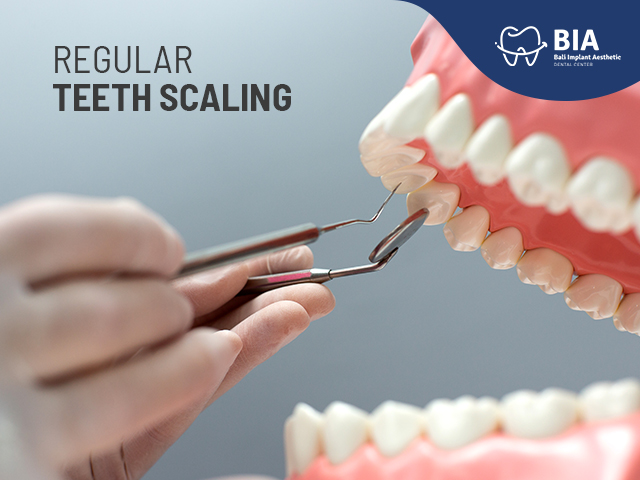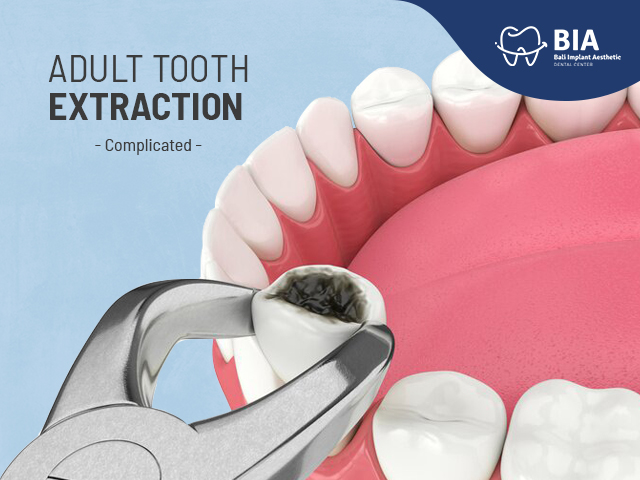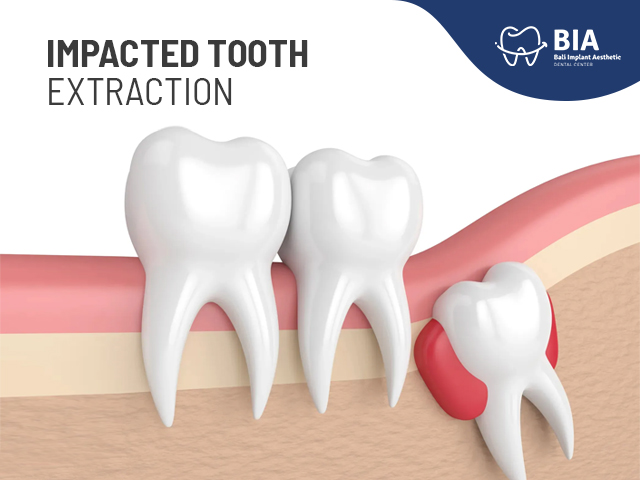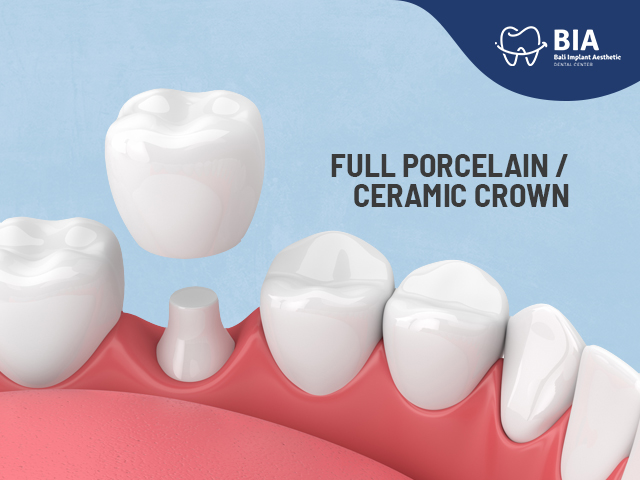The Future of Dental Implants: Innovations and Advancements
Article | 2025-04-19 01:01:34
Home » Articles » The Future of Dental Implants: Innovations and Advancements
The Future of Dental Implants: Innovations and Advancements
Dental implants have revolutionized modern dentistry, offering a permanent, natural-looking solution for missing teeth. Over the years, continuous research and technological advancements have enhanced the durability, aesthetics, and success rates of implants. So, what does the future hold for dental implants? In this article, we explore the latest innovations that are shaping the next generation of implant dentistry.
1. Digital Implant Dentistry & AI Integration
Modern implant procedures are becoming faster, more accurate, and minimally invasive, thanks to digital technology and artificial intelligence (AI).
🔹 3D Printing for Custom Implants
How it works: 3D printing allows dentists to create customized implants that perfectly fit the patient’s jawbone structure.
Why it’s better: It reduces surgery time, enhances comfort, and improves long-term success.
🔹 AI-Powered Treatment Planning
AI helps dentists analyze X-rays, CBCT scans, and patient history to predict the best implant placement for maximum stability.
AI-powered software can simulate the entire implant procedure before surgery, minimizing risks.
🔹 Navigation-Guided Implant Placement
Instead of relying solely on freehand techniques, computer-guided surgery ensures precise implant positioning, reducing complications.
Reference:
Joda, T., Ferrari, M., Gallucci, G. O., Wittneben, J. G., & Brägger, U. (2017). "Digital Technology in Fixed Implant Prosthodontics." Periodontology 2000, 73(1), 178-192.
2. Biocompatible & Smart Implant Materials
Traditional implants are made from titanium, but new materials are emerging to enhance success rates and reduce complications.
🔹 Zirconia Implants – The Metal-Free Alternative
Zirconia implants offer high strength, biocompatibility, and natural aesthetics, making them ideal for patients with metal allergies.
They have a lower risk of bacterial adhesion, reducing the chances of peri-implantitis (gum infection).
🔹 Nanotechnology for Faster Healing
Nanocoatings on implants promote faster bone integration (osseointegration), reducing healing time from months to weeks.
Antibacterial nanocoatings help prevent infections and implant failure.
Reference:
Maté-Sánchez de Val, J. E., Calvo-Guirado, J. L., & Ramírez-Fernandez, M. P. (2019). "Zirconia vs. Titanium Implants: Systematic Review." Materials, 12(3), 372.
3. Immediate-Load & Mini Dental Implants
🔹 Same-Day Implants (Teeth in a Day)
Traditionally, patients wait months for implants to heal before receiving a permanent crown.
Now, immediate-load implants allow patients to walk out of the clinic with a fully functional tooth in one day!
🔹 Mini Dental Implants for Narrow Jaws
For patients with bone loss who don’t qualify for traditional implants, mini implants offer a less invasive alternative.
They require less drilling, minimal recovery time, and can be placed without the need for bone grafting.
Reference:
Javed, F., & Romanos, G. E. (2018). "The Role of Primary Stability for Successful Immediate Loading of Dental Implants." Implant Dentistry, 27(2), 125-136.
4. Stem Cells & Regenerative Medicine in Implantology
One of the most exciting advancements in dental implants is the use of stem cells and tissue engineering.
🔹 Bone Regeneration with Stem Cells
Patients with severe bone loss often require bone grafting before getting implants.
In the future, stem cell therapy may help patients naturally regrow bone, eliminating the need for grafts.
🔹 Gum Tissue Regeneration
Researchers are developing biological scaffolds that promote gum tissue growth around implants, reducing gum recession.
Reference:
Mizuno, H., Tobita, M., & Uysal, A. C. (2012). "Concise Review: Adipose‐Derived Stem Cells as a Novel Tool for Future Regenerative Medicine." Stem Cells Translational Medicine, 1(2), 133-139.
5. Smart Dental Implants with Biosensors
Imagine an implant that can monitor your oral health in real time!
🔹 Implants with Built-In Sensors
Researchers are developing smart implants with biosensors that detect early signs of infection, bone loss, or implant failure.
These sensors can send alerts to your dentist, allowing for early intervention before problems arise.
🔹 Wireless Monitoring via Smartphone Apps
Some future implants may even connect to your smartphone, providing real-time data on your oral health!
Reference:
Rieger, J., Brennan, C., & Young, D. (2021). "Smart Dental Implants: A New Era in Oral Healthcare." Biomedical Engineering Letters, 11(4), 321-332.
Final Thoughts: The Future is Here
The field of dental implantology is advancing at an incredible pace. With innovations like AI-powered surgery, nanotechnology, stem cell therapy, and smart implants, the future of dental implants is safer, more efficient, and more patient-friendly than ever before.
At BIA Dental Center, we stay at the forefront of modern implant technology, offering world-class treatments for both local and international patients.
📞 Book a consultation today to experience the latest in advanced dental implants and achieve a healthier, more confident smile!




